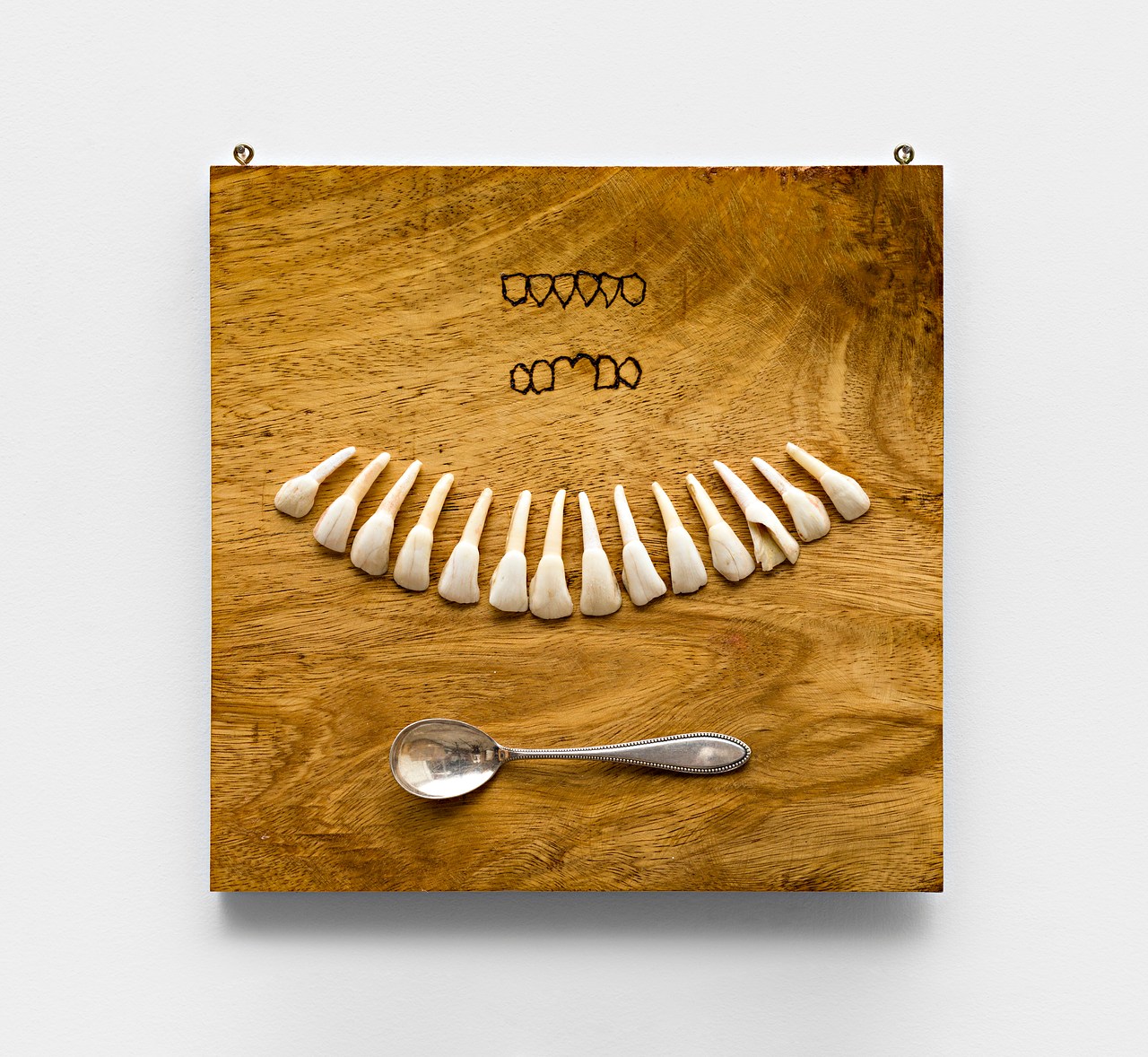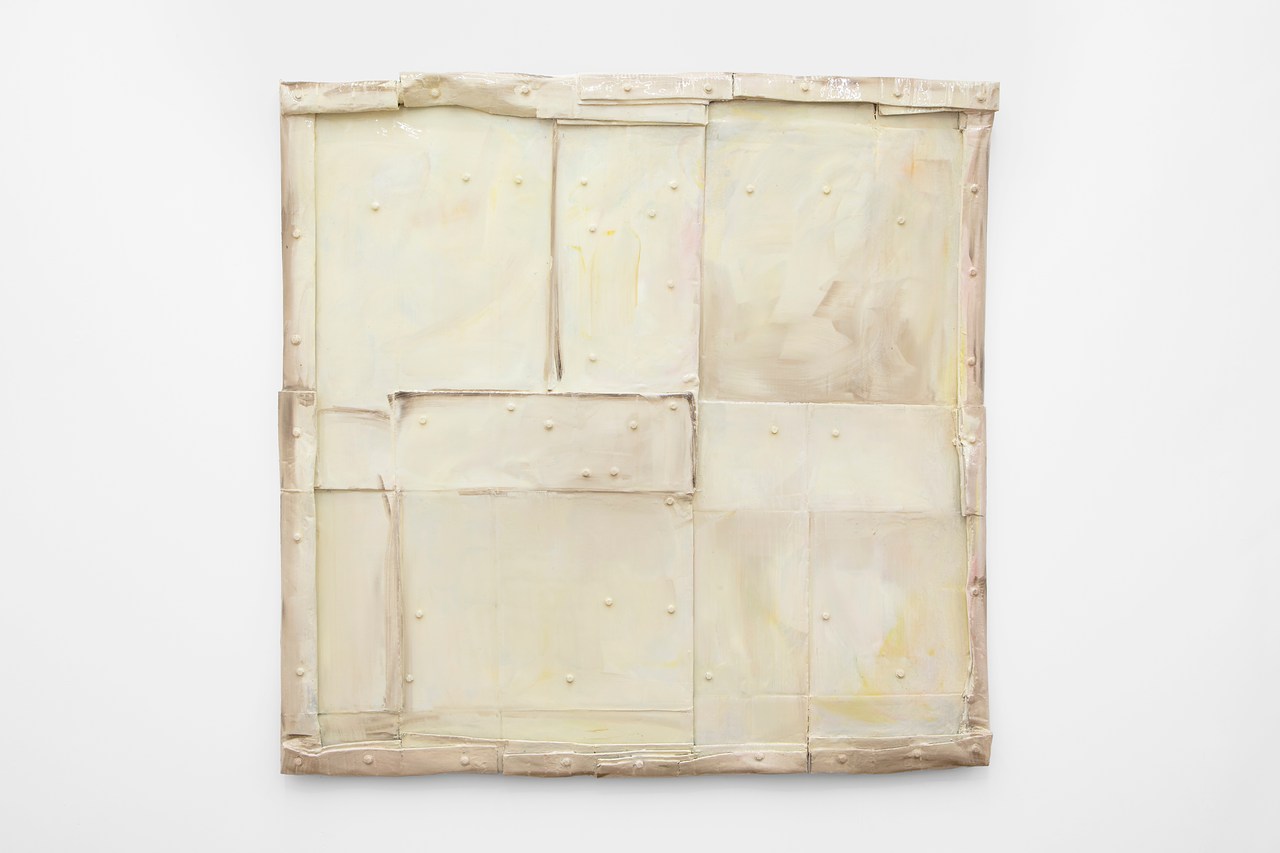Arsenal has reignited their interest in Santiago Gimenez, and this time, the Gunners may finally have the opportunity to secure the Feyenoord striker.
Gimenez has established himself as one of the top goal-scorers in European football over the last few seasons, maintaining impressive consistency. The Gunners had previously been expected to make a move for him last summer, but they opted to focus on signing Benjamin Sesko, a deal that ultimately fell through. Now, at the end of this season, Mikel Arteta’s team is once again in the market for a new striker, and this time, Gimenez has emerged as a strong option.
According to a report from Sport Witness, Arsenal is one of several clubs showing interest in the Mexican forward, who has six goals from just nine games so far this season. At just 23 years old, Gimenez presents an exciting long-term investment for Arsenal, who could add a promising striker to their squad for the future.
(Photo by Meg Oliphant/Getty Images)The Mexican international has been one of the best strikers in Europe for some time, and with his ability to score consistently, he could offer the Gunners a reliable option up front. Moreover, Gimenez might be content with a role on the bench initially, where he could continue to develop and wait for his chance to make an impact at a top club like Arsenal.
With his impressive form and potential for growth, signing Gimenez could prove to be a valuable addition to the squad. However, other Premier League clubs are also reportedly interested in the striker, meaning Arsenal could face stiff competition for his signature. To avoid missing out, the Gunners may need to act swiftly to secure the 23-year-old’s services and add a talented young striker to their ranks before another club swoops in.
Copyright
© Just Arsenal









